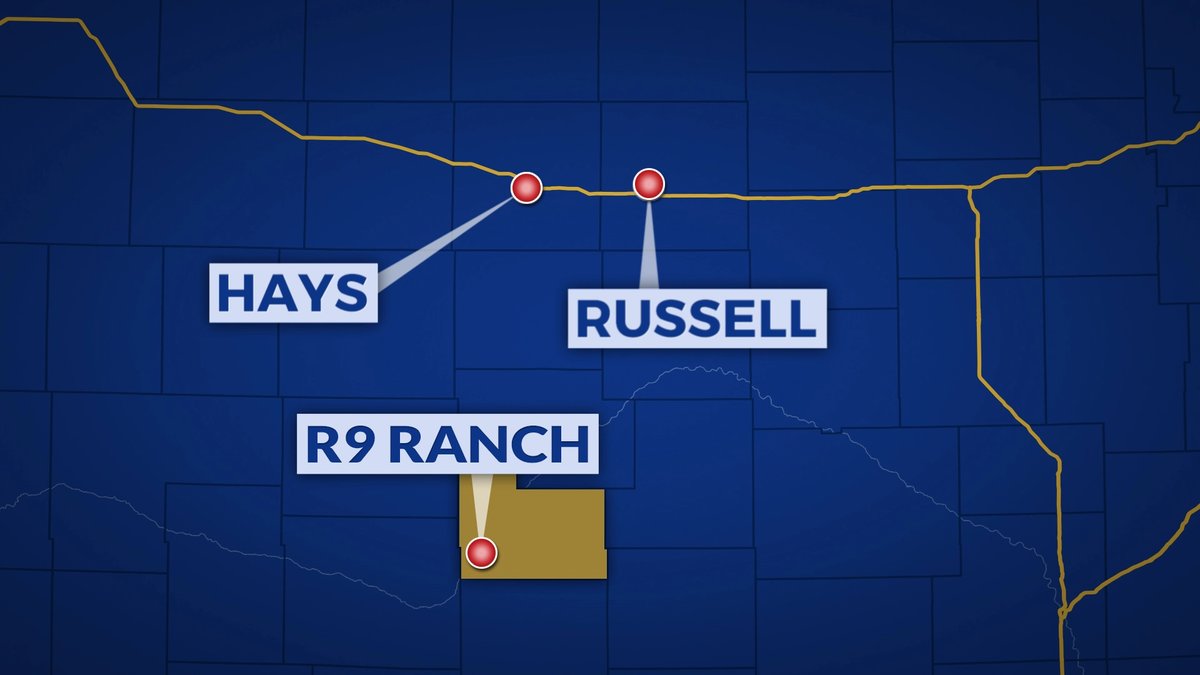WICHITA — A hearing is scheduled to begin next week in Wichita District Court, allowing a non-profit Central Kansas water advocacy group to present additional evidence why it opposes a plan by the cities of Hays and Russell to implement a water transfer from a location in Edwards County to Ellis County in the Smoky Hill river basin.
The evidentiary hearing, set to begin July 19, results from a remand order by the Kansas Supreme Court in June that places the challenge issued by the Water Protection Association of Central Kansas back within the confines of the district court to consider supplemental additions to the court record.
While the hearing continues, the Kansas Supreme Court retains jurisdiction over Water PACK’s appeal challenge.
Currently, both communities are seeking to construct a 70-mile long pipeline that would transfer approximately 4,800 acre-feet of water per year for their municipal use. The measure invokes the Kansas Water Transfer Act that stipulates all desiring to transfer more than 2,000 acre feet are limited to a distance of 35 miles, unless granted state approval.
In their challenge, Water PACK contends that a transfer of that amount would result in a serious negative effect, not only to Edwards County agricultural producers, but also to a neighboring area reaching as far as the water supply to Cheyenne Bottoms in Barton County.
Attorneys for Water PACK view the hearing as a “significant victory for Water PACK and Edwards County,” noted attorney Myndee Lee following notice of the remand.
The hearing comes before Administrative Law Judge Matthew A. Spurgin in his role as hearing officer. He will report his recommendations to a three-member panel for further deliberation. Deliberations by the panel would then be forwarded to the Kansas Supreme Court in continuance of the case.
Case history
Elements of the case reach back to 1995, with the purchase of the 6,800-acre ranch then known as “Circle K” by Hays in continuance of its efforts to alleviate a shortage of water in the area. Along with the land purchase at a cost of $4.2 million were water rights totalling approximately 7,700 acre-feet. An acre-foot equals 325,872.6 gallons. In the year following the purchase, the City of Russell bought an 18% share of the property.
The case heated up as challenged in 2016, when Hays then applied for and received authority for consumptive use of 6,800 acre-feet per year, as well as a change from agricultural to municipal use.
That number has since been reduced to 4,800 acre-feet per year on a 10-year rolling average.
Water PACK lead attorney Charles D. Lee, who filed the organization’s trial hearing brief, noted that their contention is not with the transfer process, but the amount to be transferred.
“A fundamental principle to water law in Kansas is that water belongs to the people, for all those who need it,” Lee said. “The right to draw water does not extend to those who desire to pump all the water that they want or more than they need simply because they have the desire, resources and means to do so.”
The opposing view
Lee noted that the appellate review was predicated on the Chief Engineer’s master order granting the change from agriculture to municipal use, on the grounds that his advocacy in affirmation of the district court order “raises questions” as to his impartiality in the proceeding.
Lee also noted that the amount to be transferred raises questions as well. In its community conservation currently implemented, Hays has reduced water consumption to about 1,792 acre-feet in 2020, while Russell used 974 acre-feet. Research by Water PACK has indicated that a range of between 2,100 to 2,700 acre-feet could be transferred out of Edwards County without serious effect to the current water supply.
“That number would effectively double what both communities are currently using,” he said. “They shouldn’t need any more than that.”
Another ancillary consideration is the cost for the proposed 24-inch pipeline construction for water transport. Initial estimates indicated cost for the project would be between $75 million to $90 million, which has since been increased to $130 million. “It is doubtful that an increase in water rates would cover that kind of expense,” he said.
Hearing duration
The hearings are expected to continue through their scheduled date and beyond, Lee noted. The current schedule lists the hearings at from July 19-26, with a break due to another hearing conflict. They would then resume as necessary, he said.





